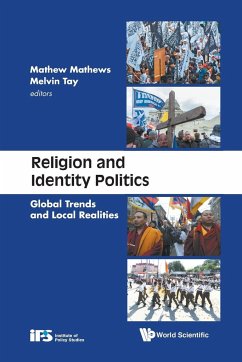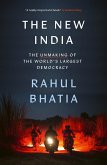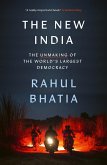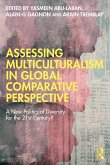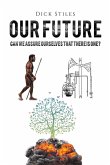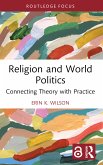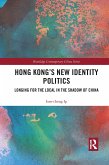Discourse on fundamentalism has gained much attention in recent years, particularly in a post-9/11 context where extremist or terrorist threats are more prominent, perilous, and pervasive. This edited volume seeks to spotlight the perspectives of academics and practitioners vis-à-vis global trends in religious fundamentalism and right-wing extremism over the past decade. It presents a collection of works from notable academics and practitioners; including a selection of case studies from Asia to illustrate the contemporary interplay of religion, politics and identity; alongside broader global trends of religious fundamentalism. The chapters that follow attempt to trace the sources and factors that led to the dramatic rise in these powerful forces of faith, which influence societies and politics around the world. Together, they present a carefully curated narrative of the interplay of religion and identity politics globally and across Asia. The prevailing differences in demographics, history and the extent of ethno-religious diversity across country contexts are perused across each chapter, and the ensuing circumstances deliberated upon. As these circumstances change, the ways people interpret their identities, engage in politics, and navigate their religion will also evolve. How we manage the effects of religious fundamentalism must hence begin with an understanding of how religion, identity, and politics interact - and this is what the upcoming chapters seek to illustrate.
Hinweis: Dieser Artikel kann nur an eine deutsche Lieferadresse ausgeliefert werden.
Hinweis: Dieser Artikel kann nur an eine deutsche Lieferadresse ausgeliefert werden.

